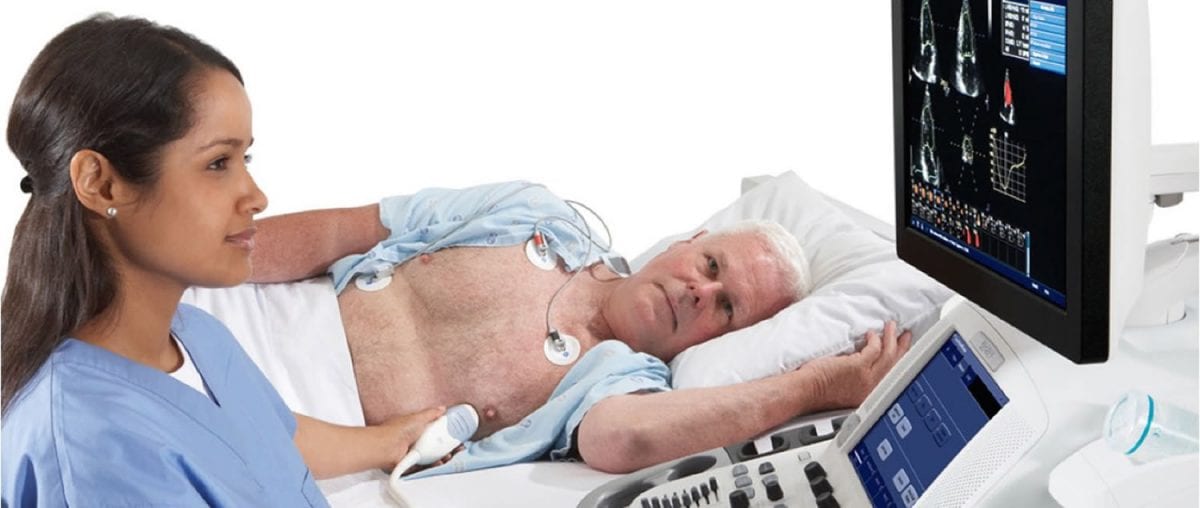Philadelphia is a highly populated city with many cases of cardiovascular disorders. If you have any heart problems, you should get an echocardiogram in Philadelphia.
An echocardiogram is a medical diagnostic tool used to test various aspects of your cardiovascular health using ultrasound technology. It primarily examines how your heart pumps blood and the blood flows in and out of your heart. It uses sound waves to generate moving pictures of your heart. Previously, it was possible to only get still pictures of your heart.
There are several types of echocardiograms and all of them are very safe. There are several reasons why a cardiologist may conduct an echocardiogram including:
1. Check for Structural Heart Problems
Your heart is one of the most vital organs in the body. If it is not functioning properly, your entire health will be affected. Therefore, if you go to a doctor with symptoms such as shortness of breath or chest pains, then the doctor may refer you to a cardiologist. The cardiologist will then conduct an echocardiogram to see if the symptoms are a sign of heart problems.
An echocardiogram will produce very vivid pictures which will provide accurate information about the state of your heart. If there are any problems with your heart, then you can take action to remedy them.
2. Check for Heart Damage
Heart problems are issues with your heart caused by sickness. Heart damage, on the other hand, includes issues with your heart caused by an injury.
Unlike external body parts, an internal injury is extremely difficult to diagnose and can only be found after you exhibit symptoms of heart damage. Therefore, an echocardiogram is an incredibly useful tool in finding minuscule heart damage that other methods might miss.
A small tear in the heart muscle or blood vessel may have far-reaching repercussions and even lead to death. You should ensure that you receive adequate testing for any heart damage.
3. Check for Issues with Valves or Chambers of Your Heart
The heart has four chambers and many valves that regulate the flow of blood in and out of the heart. The valves and chambers of your heart are just as important as the heart muscle that pumps blood through your body.
If the valves do not function properly, then your heart will not be able to pump blood optimally. Worse still, the wrong type of blood may enter one of your heart’s chambers and damage it leading to a cascade of health issues.
4. Check for Congenital Heart Defects
When an echocardiogram is done to check for congenital heart defects in an unborn child, it is called a fetal echocardiogram. Such heart defects can be deadly or may cause the child significant damage when it is born.
Using ultrasound technology, the cardiologist can see vivid moving images of the heart of the fetus. He/she will then check for congenital heart defects such as a heart that is too small, a misshapen heart, a heart missing a valve or ventricle, or a heart with a hole among other defects.








